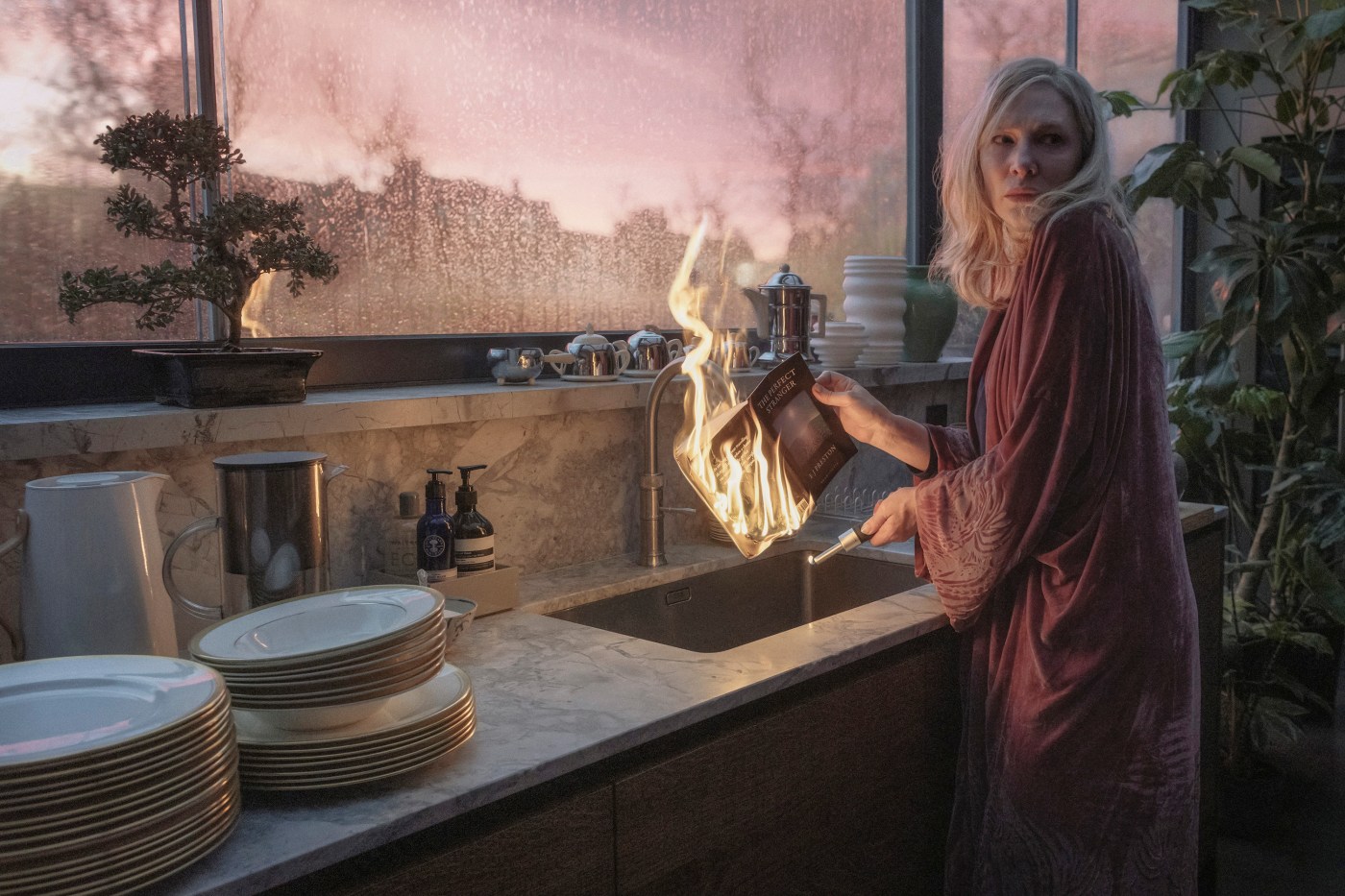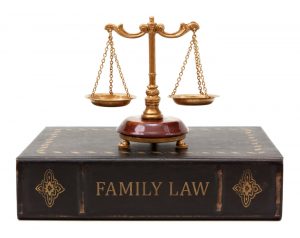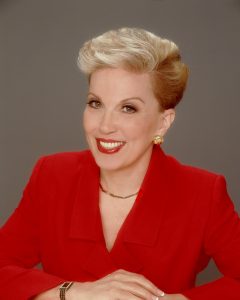
Cate Blanchett navigates shame in ‘Disclaimer’
VENICE LIDO, Italy – With a remarkable five Academy Awards Alfonso Cuaron, Mexico’s esteemed writer-producer-director, is free to decide whatever he wants to do.
Cuaron’s latest choice, following the critical and commercially successful “Gravity” and “Roma,” is to adapt Renée Knight’s bestselling novel “Disclaimer” as a 7-part AppleTV+ series starring Oscar winners Cate Blanchett and Kevin Kline.
It’s a revenge saga, sprung 20 years after the fact, as punishment for the sexual transgressions of Blanchett’s Catherine Ravenscroft, a now-celebrated British documentarian who is known for telling the truth.
When a privately published novel surfaces, Catherine realizes it reveals this long-hidden chapter in her past — with horrible consequences.
The story is told in two time zones, then and now. There’s an unseen narrator telling and commenting on the story as it unfolds.
Blanchett, who recommended Kline for the role of her sneaky antagonist, is played in the seriously sexual, decades-earlier scenes by little-known Australian actor Leila George who was born into the business. Her father is the “Jurassic World” villain Vincent D’Onofrio, her mother the Italian-born BAFTA, Emmy and Golden Globe nominee Greta Scacchi.
“Ravenscroft’s a documentarian who has steeped her life in dealing with the traumas of exposing injustices in other people’s lives,” Blanchett, 55, said in a press conference. “For me, the challenge — and the agony — of playing a character like this is that the crisis happens almost as soon as we meet her.
“So we know nothing about her. Only what other people say about her. It was a tricky thing not to reveal too much.”
Asked whether as a woman she would have been shamed as much if she was a man, “Well, I always approach every role as a woman, because I am,” Blanchett answered. “I don’t really think about that.
“From the very first week of filming the script, I was shocked at the layers of judgment. I do think,” she continued, “there’s a distinct lack of shame in society at the moment. Shame is very different to guilt.
“Guilt is a very useless emotion. I don’t know what you do with that. But shame and regret and the lessons one can learn from that are very powerful. There’s a lot of shaming now. I mean, just look at the way you attempt to parent children. If you publicly shame them, it can lead to rage.
“Whereas you take them aside and explain things in private — private conversations are often far more powerful than public ones. I’m not saying public ones are not important, but I do think it’s often one to one, face to face reconciliation type conversations are far more powerful often than public shaming.”
“Disclaimer” is now streaming the first two episodes on AppleTV+


